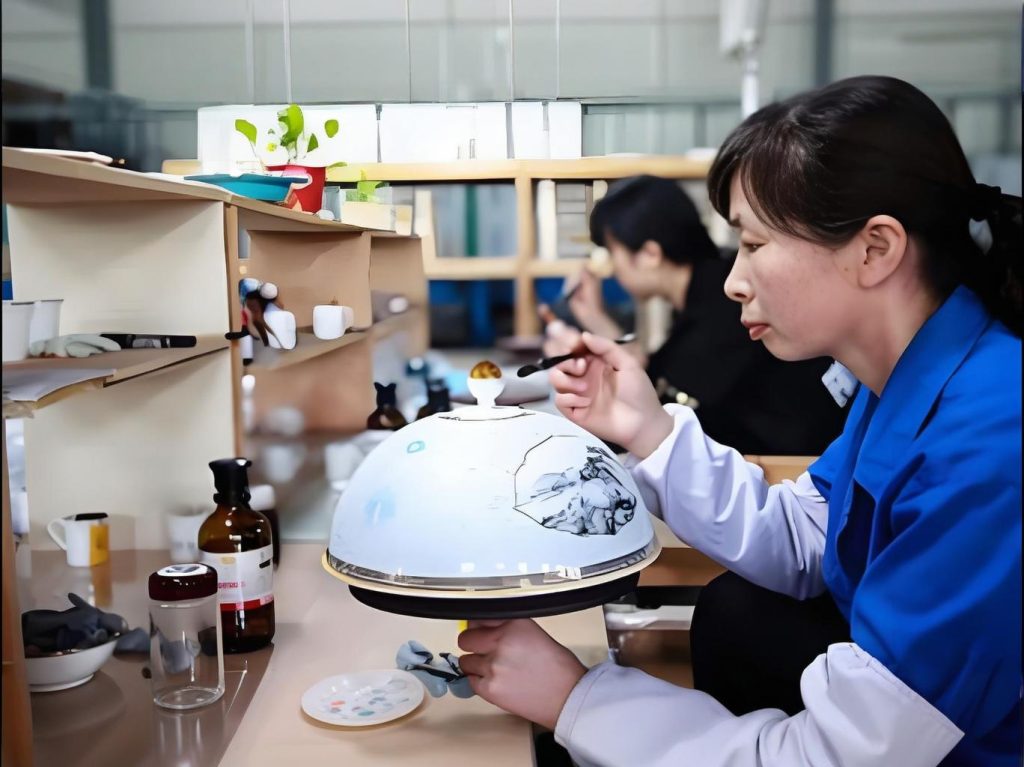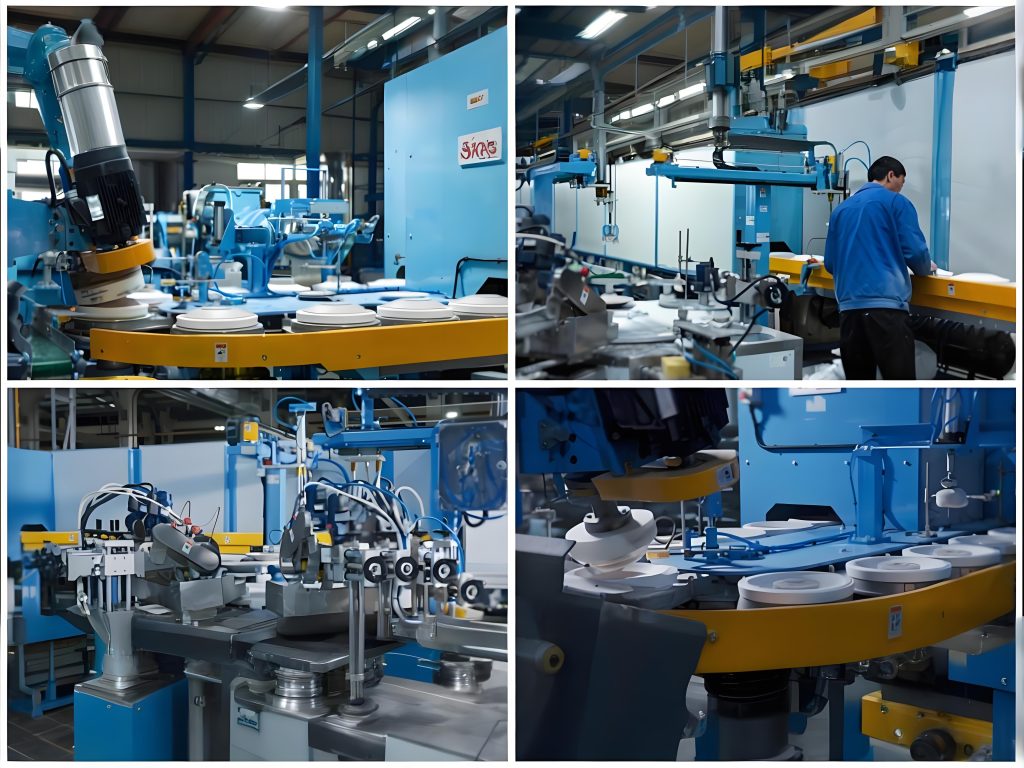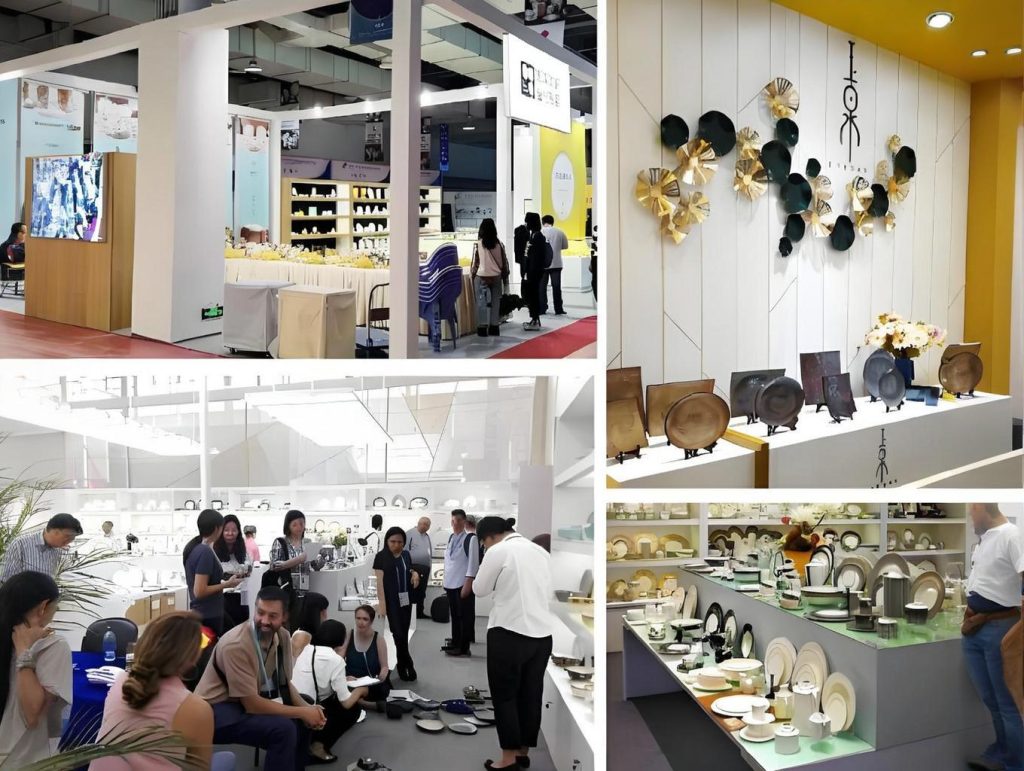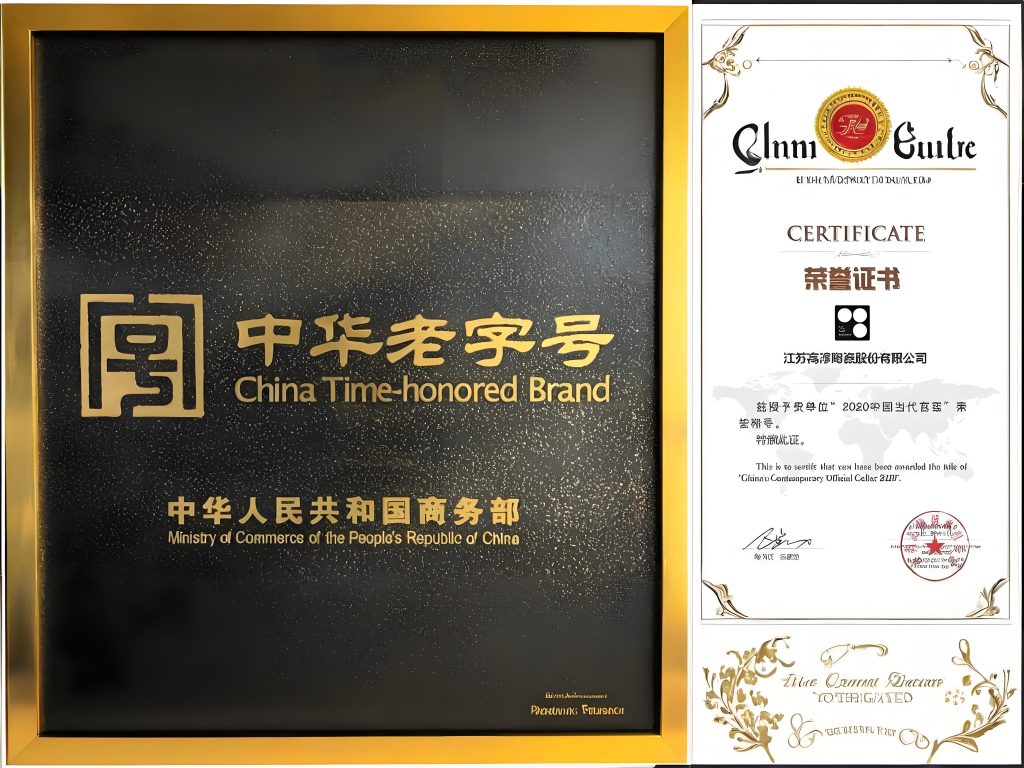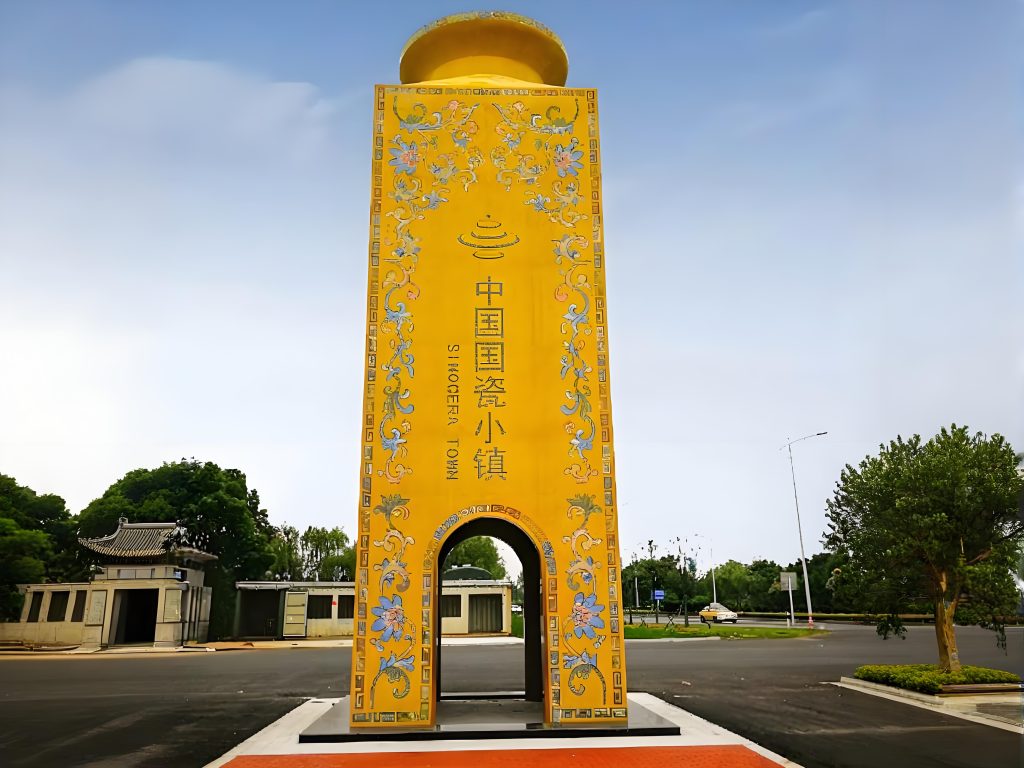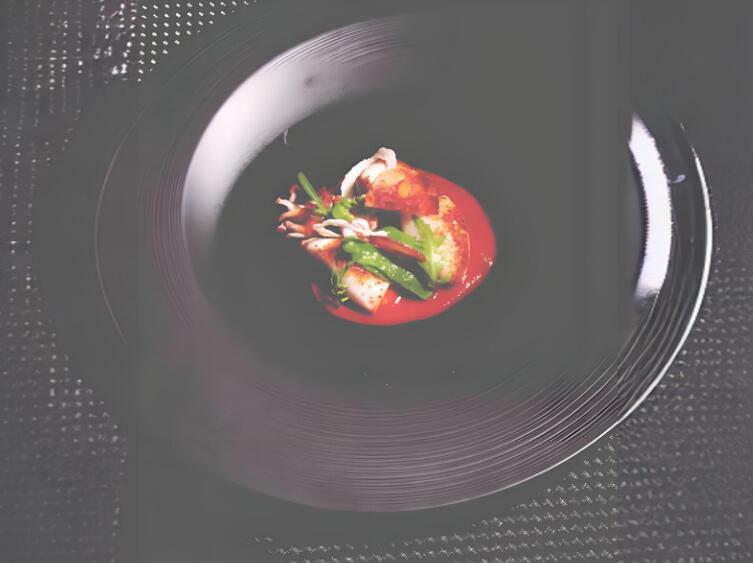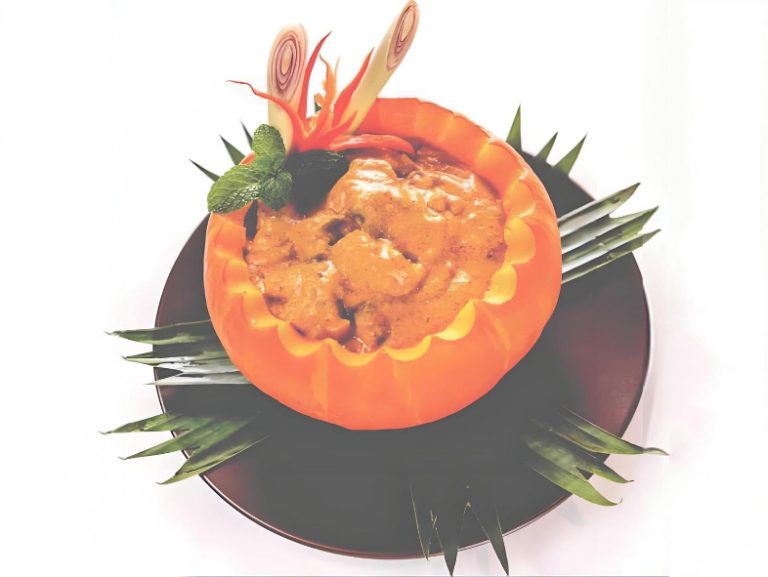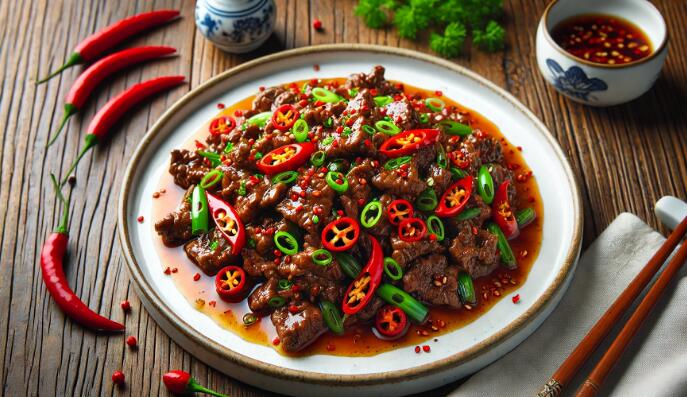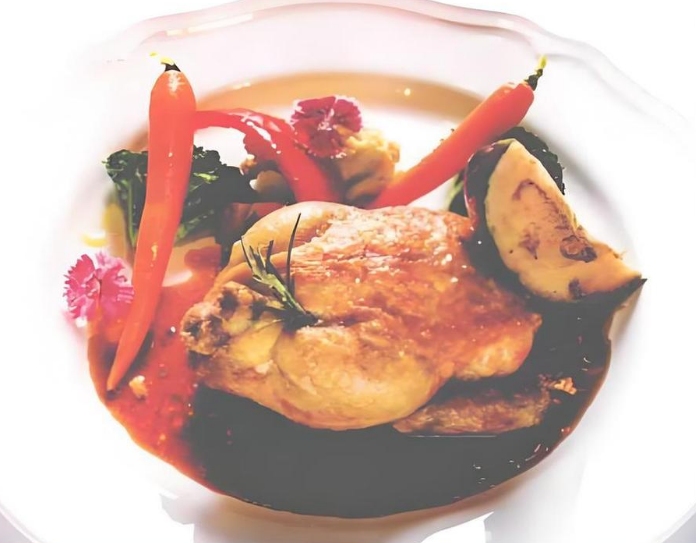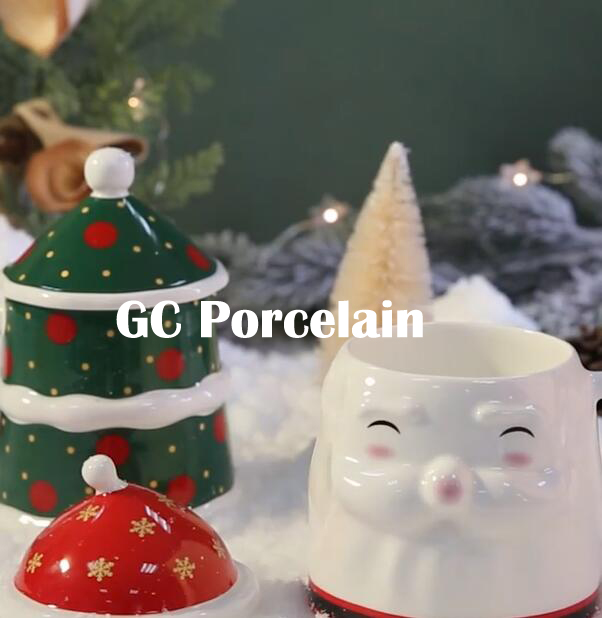Picking Restaurant Plates Is Way More Complicated Than You Think
Last week I passed a new Japanese restaurant. Through the window, I saw the owner staring at stacks of white ceramic plates. He looked stressed. This reminded me of hot discussions on Reddit and Quora. How do you choose plates for a restaurant? This seemingly simple decision can give you a headache for days.
Why Do Restaurant Owners Struggle With “Which Plates to Buy”?
A question blew up on Quora. “Why do restaurants break so many plates?” The top answer dropped a shocking stat. Regular restaurants lose 10-15% of their dishes monthly. Think about it. If you run a 50-seat restaurant, you might rebuy your entire dish set twice a year.
On Reddit’s r/KitchenConfidential, a manager with 15 years spoke up. “We bought cheap stuff at first. Found these ‘restaurant plates for sale’ deals at wholesale markets. The result? Within three months, half had cracks. Our dishwasher became a ceramic crusher.”
This isn’t unique. Many new restaurant owners make the same mistake. They only check price, not quality or source.
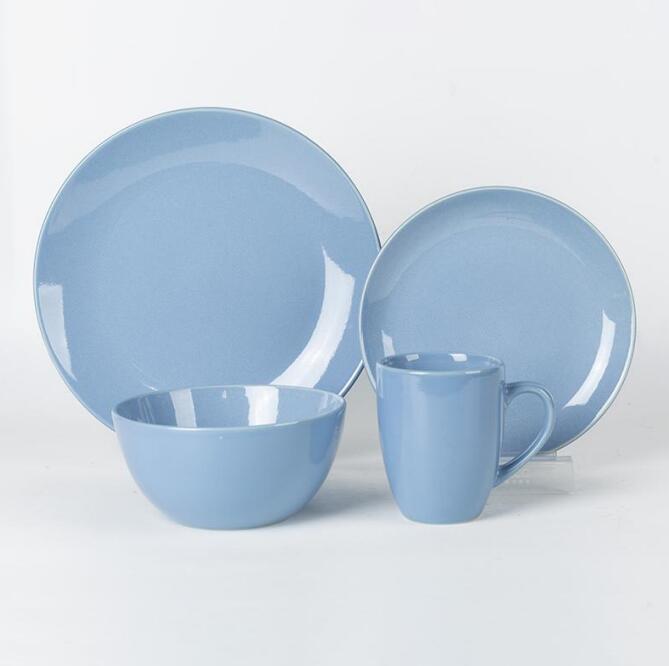
Cheap Stuff vs. Brand Names: It’s Not Just About Price
The Truth Behind Those “Super Deals”
Someone on Reddit shared their nightmare. They ordered 200 plates from a “factory direct” website. Just $2 each. When the order arrived:
- Size errors up to half a centimeter (plating completely ruined)
- Uneven glaze, some spots rough enough to catch forks
- Inconsistent weight, servers had to “feel out” each plate
A procurement consultant on Quora nailed it. “Cheap plates are expensive in the long run.” He did the math:
- Low-price plates: $2 each, restock 50 monthly = $1,200 yearly
- Quality plates: $8 each, restock 20 semi-annually = $320 yearly
Mind-blowing, right?
Why Professional Tableware Manufacturers Are More Reliable
On r/restaurateur, a three-chain restaurant owner shared his experience. “I only buy from certified tableware manufacturers now. The reason is simple. Stable quality, traceable, with after-sales service.”
His key points included:
- Standardized materials: Big factories control clay composition and firing temperatures. No “same batch, different feel” issues.
- Durability testing: Legit tableware manufacturers do thermal shock tests and impact tests. They ensure plates survive heavy use.
- Restocking guarantee: If you use small workshop products, finding the same style six months later might be impossible.
This reminds me of a Michelin restaurant chef I interviewed. He said, “We haven’t changed plates in five years. Our original tableware manufacturer guaranteed product line continuity. Plating art needs muscle memory. Changing plates means relearning everything.”
Five Hidden Costs of Restaurant Plate Purchasing
A Quora answer was super interesting. A restaurant consultant listed costs people overlook:
1. Storage Space Cost
Buying too many cheap items means you need bigger storage. One Reddit user complained, “We got greedy and bought 500 extra plates. A third of our kitchen got taken up. Later we calculated – the monthly rent for that space could buy premium plates.”
2. Time Cost
Constant restocking, dealing with different suppliers, handling quality complaints. Someone on Reddit said, “I’d rather pay 30% more for reliable tableware manufacturers. Better than arguing with small workshops every month about why plate sizes changed again.”
3. Brand Image Cost
This one’s invisible. On Quora, a food blogger mentioned, “I visited a restaurant once. Food was good. But the plates had obvious flaws. I had to angle my photos to hide them. I didn’t give a good review. Details matter.”
4. Employee Efficiency Loss
Different shapes and weights slow down service. A Reddit server complained, “Our boss sources from three places. Plates are all different sizes. I have to ‘test’ each plate before carrying it. During rush hour, it’s chaos.”
5. Dishwasher Compatibility
This is scary when you think about it. Cheap plates might not handle high-temp detergents. They fade and crack quickly. A Quora user shared, “After switching to commercial dishwasher-standard plates, our machine failure rate dropped 40%. We saved on repairs.”
How Do People Who Really Know Their Stuff Choose Plates?
Reddit’s Top Advice: Test Samples First
On r/Chefit, one suggestion got hundreds of upvotes. “Never bulk order without testing.”
Specific steps:
- Buy 5-10 samples first
- Run them through the dishwasher 50 times
- Deliberately drop a few to test durability
- Have servers test them for a week and collect feedback
Someone added, “We also test with ketchup and curry. These stain easily. We check if the glaze holds up.”
Quora’s Professional Answer: Check Certification Marks
A tableware manufacturer rep with 20 years gave pro advice:
- ✅ Find products with NSF certification (North American food safety standard)
- ✅ Confirm FDA food contact material compliance
- ✅ Ask about heat resistance range (minimum 120°C tolerance)
- ✅ Get lead and cadmium content test reports
He also warned, “If sellers dodge these questions, move to the next one.”
Real Experience: Calculate Unit Usage Cost, Not Just Unit Price
A restaurant owner on Reddit shared his formula:
True cost = (Unit price × Quantity + Annual restocking cost) ÷ Expected lifespan
By this calculation, an $8 quality plate lasting 3 years costs $2.67/year. A $2 cheap one needing replacement every six months costs $4/year.
Not All “Discount Sales” Are Worth Buying
A Reddit thread specifically called out “restaurant plates for sale” promotion traps:
Trap 1: Clearance Items
“70% off!” sounds great. But they’re discontinued models. No future restocking. One user said, “I bought clearance plates. Three months later I wanted more. The factory said they stopped production. Now my restaurant looks like a thrift store with mismatched plates.”
Trap 2: Minimum Order Quantity (MOQ) Trap
Some ultra-low prices require 500+ piece orders. For small restaurants, this ties up cash flow. If your business model changes, these plates become dead inventory.
Trap 3: Shipping Assassin
Someone on Quora calculated, “Saw plates for $3 each. Shipping was $5 per piece. Total cost exceeded local tableware manufacturers.”
Actually, Choosing Plates Means Choosing a Partner
After reading all these discussions, I found a consensus. Finding the right tableware manufacturer matters more than finding cheap stuff.
A Reddit user who ran restaurants for 10 years summed it up perfectly:
“I now evaluate suppliers by three standards:
- Can they supply stably for at least 5 years
- Can they respond within 48 hours if problems arise
- Will they do small-batch customization based on my needs”
He added, “I’ve worked with my current tableware manufacturer for 7 years. They even proactively remind me, ‘Your batch of plates has been used for 3 years. You should start budgeting for replacements.’ You won’t find this service at wholesale markets.”
Similar voices appeared on Quora. “A good tableware manufacturer is like a business partner, not just a vendor.”

Final Thoughts
Writing this reminded me of something. What did that Japanese restaurant owner finally choose? I went back to ask. He found a local tableware manufacturer. Unit prices were 50% higher than online “restaurant plates for sale” promotions. But they provided free plating design consulting. They also promised 5-year same-model restocking.
He showed me his calculations. “Based on my table turnover rate, quality plates lasting one extra year save enough on restocking to hire a part-timer.”
So yeah, choosing plates isn’t about finding the cheapest. It’s about finding “what gives you the least headache.” Don’t you think?
If you’re struggling with restaurant purchasing decisions, ask yourself:
- Do I care more about saving $500 this year or less hassle for three years?
- What quality tableware matches my restaurant’s positioning?
- If customers photograph plates and spot flaws, is that risk worth it?
Thinking through these questions might help more than viewing ten “restaurant plates for sale” promotions.
If you have any questions or need to custom dinnerware service, please contact our Email:info@gcporcelain.com for the most thoughtful support!

